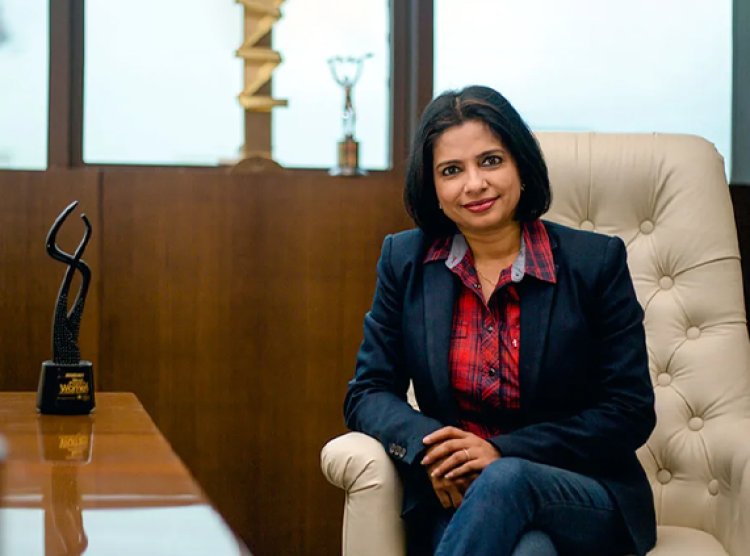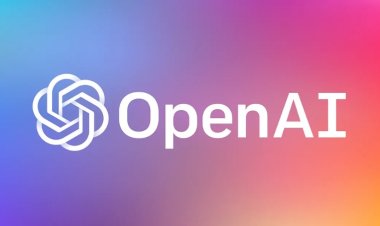We don't look at the business through the lens of TV and digital demarcation: Viacom18's Jyoti Deshpande

Viacom18 does not view the company in terms of TV and digital demarcation. Rather, it focuses on driving the disruption with the goal of growing video, whether through a TV or digital platform, according to Jyoti Deshpande, who spoke Thursday at the "Future of Video India" conference in Mumbai.
Top executives from leading streaming platforms such as Prime Video, Viacom18, Disney+Hotstar, SonyLiv, and Ad Tech firms such as PubMatic, Magnite, and Samsung Ads attended the event, which was organized by Asia Video Industry Association (AVIA). The meeting aimed to address important concerns in the streaming sector, which surged tremendously during the pandemic but has since halted.
Deshpande discussed why Viacom18 was still straddling the linear and digital landscapes in a conversation with Louis Boswell, CEO of AVIA, despite announcing that it will be a digital-first media firm. According to her, both traditional and digital have the similar economic strategies, which revolve around subscription, advertising, and video content delivery.
Deshpande expressed concern over the lack of entry-level CTV when asked about the chances of Connected TV growth in India. "The plan is to reduce the price. What happened to the entry-level connected TV? "However, anyone upgrading from standard TV will upgrade to connected TV," she stated.
Deshpande also discussed the significance of storytelling rigor, acquiring content from diverse creators across regions and countries, and using technology and AI to make consumers' trips easier and more interesting.
Sushant Sreeram, Country Director, Prime Video India, spoke on how OTT has emerged as a Catalyst for Change in India's storytelling ecosystem, leveling the playing field for content creators and artists while also introducing new revenue streams for the Indian film industry.
Sajith Sivanandan, Head of Disney+ Hotstar India, gave thoughts on how, after seeing fast development in recent years, the OTT sector in India has entered a transformational phase that necessitates a creative approach to how streaming platforms must innovate for growth. He also discussed Disney+ Hotstar's regional strategy and growth targets for the future year.
Profitability, ARPU, sustainable monetisation approaches, and changes in the Indian SVOD industry were also explored by the panelists. According to stakeholders, monetization is a significant challenge for OTT companies due to rising content prices, tough competition, and economic downturns, which have caused many users to forego subscriptions and instead rely on ad-supported (AVoD) models.
According to a Deloitte 2022 analysis, India presently has over 100 million SVOD customers, and this figure is expected to grow at a CAGR of 17% to 224 million by 2026. However, a sizable proportion of consumers refuse to pay for content. Various strategies for sustaining development were explored by industry professionals, ranging from establishing a robust content bank to enhancing ad-supported platforms to app bundling and simplification.
Content piracy has also emerged as a key source of frustration for all OTT companies. "We can never completely eliminate piracy, but we can minimize it with multiple layers of protection," says Manish Verma, Head of SonyLiv Technology.
Vynsley Fernandes, Whole-Time Director, Hinduja Global Solutions, CEO, NXTDIGITAL, discussed the current state of linear cable distribution and MSO app bundling for rationalization with Karan Taurani, SVP, Elara Capital.

 Sumit Rawat
Sumit Rawat 










